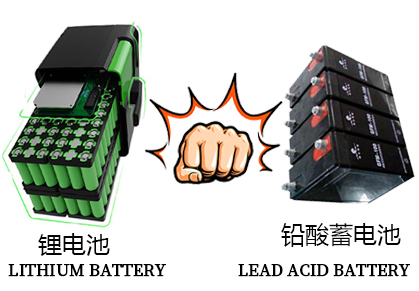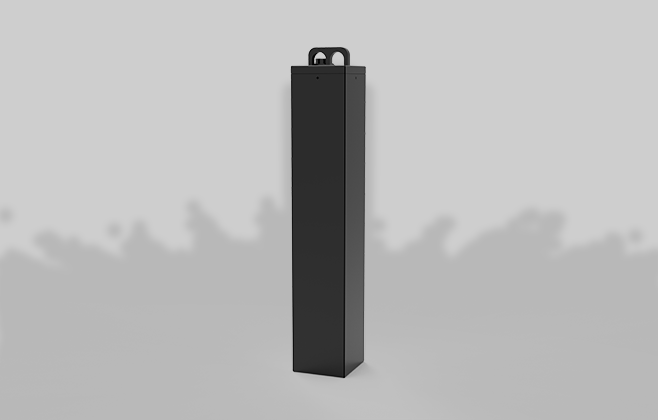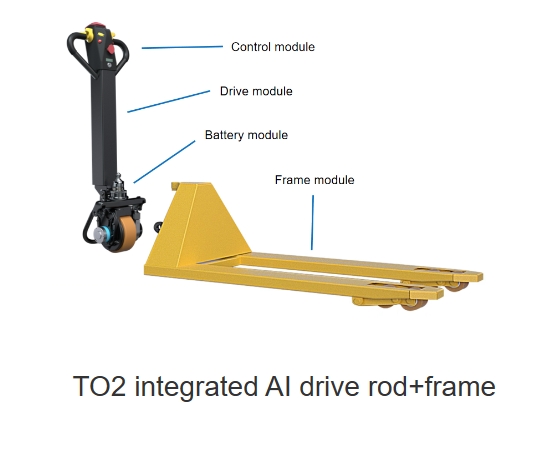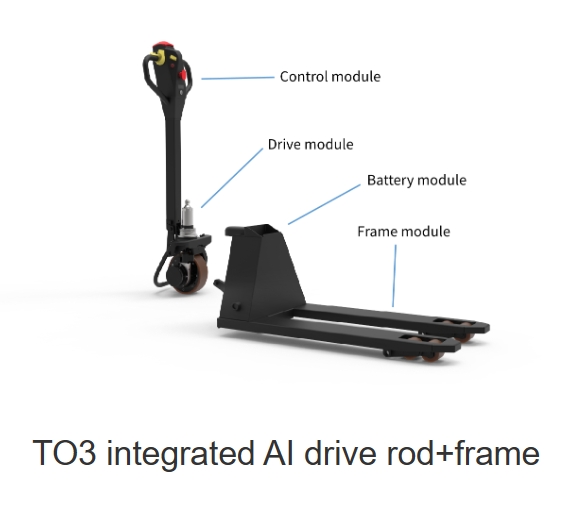
Hey, dear friends, today we're going to talk about the two major battery giants in electric devices——Lithium and lead-acid batteriesWhy have lithium batteries become popular and mainstream?
Weight energy density
From the perspective of weight energy density, lithium batteries have a higher energy density compared to lead-acid batteries. Lithium batteries are famous for their lightweight characteristics, which can store more energy under the same weight. Currently, the energy density of lithium batteries is generally 200-260wh/g, and lead-acid is generally 50-70wh/g. The weight energy density of lithium batteries is 3-5 times that of lead-acid, which means thatLithium batteries have a capacity three to five times stronger than lead-acid batteries under the same weightTherefore, lithium batteries have absolute advantages in energy storage. This means that it can provide longer runtime or drive more powerful devices. However, lead-acid batteries require more weight to store the same amount of energy due to their lower energy density.
volumetric energy density
Lithium batteries also have an advantage in terms of volume energy density. In comparison, lithium batteries have a higher energy density, with lead acid batteries at 30WH/KG and lithium batteries at 110WH/KG. The biggest advantage of lithium batteries is their high energy density, which has reached 460-600Wh/kg, which is about 6-7 times that of lead-acid batteries. This means that the relatively small size of lithium batteries can provide higher energy storage capacity, making them very suitable for devices with limited space requirements, such asAi Drive Integrated Rod of the Forklift with the Warehouse Fork ModuleDrones, portable electronic devices, etc. In contrast, lead-acid batteries cannot provide the same level of energy storage due to their large size.
service life
In terms of service life, lithium batteries also have obvious advantages. Lithium batteries can undergo thousands of charging and discharging cycles, even reaching tens of thousands, and can maintain low energy loss during the cycling process. The cycle life of lead-acid batteries is relatively low, and they often need to be replaced more frequently after a period of use.
price
In terms of price, lithium batteries are relatively high. This is because the manufacturing process of lithium batteries requires advanced technology and high costs, while lead-acid batteries are a relatively mature and inexpensive technology. However, with the development of lithium-ion battery technology and market expansion, its price gradually decreases and approaches that of lead-acid batteries.
Applicability
From the perspective of applicability, lithium batteries have a wide range of application scenarios. The high energy density and lightweight characteristics of lithium batteries make them an ideal choice for mobile devices. Lead acid batteries are suitable for applications that do not require high performance, such as emergency power supplies, low-power tools, etc. Moreover, lithium batteries have strong adaptability to high and low temperatures, and can be used in environments ranging from -20 ℃ to 60 ℃. After processing, they can be used in environments ranging from -45 ℃. The self discharge rate is very low, which is one of the most prominent advantages of this battery. Currently, it can generally achieve less than 1% per month.
national policy
In addition, national policies are also promoting the development of lithium batteries. Due to the high efficiency and environmental protection characteristics of lithium batteries, they do not contain or produce any toxic and harmful heavy metal elements and substances such as lead, mercury, cadmium, regardless of production, use, or disposal. Many countries have formulated policies to support the development of lithium battery technology, including financial support and tax reduction measures. The support of this policy helps to promote the innovation and application of lithium battery technology, further promoting the development of lithium batteries.
To summarize
In summary, lithium batteries have won the competition with lead-acid batteries due to their advantages in weight energy density, volume energy density, service life, applicability, and national policies.This is also the reason why the Kucha module forklift uses lithium batteries, and the Kucha module forklift uses A-grade batteries, which are safer and more reliable. According to different endurance requirements, 48V10AH, 48V15AH, or 48V20AH batteries can be selected.With technological progress and cost reduction, lithium batteries will continue to play an important role in various application fields in the future.


